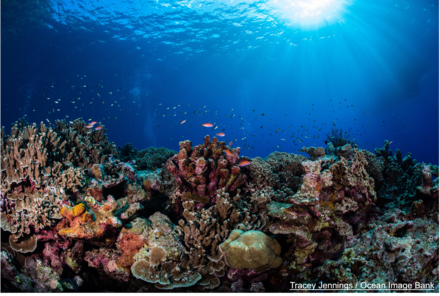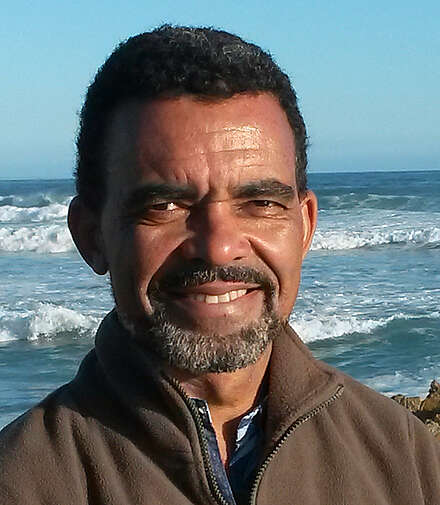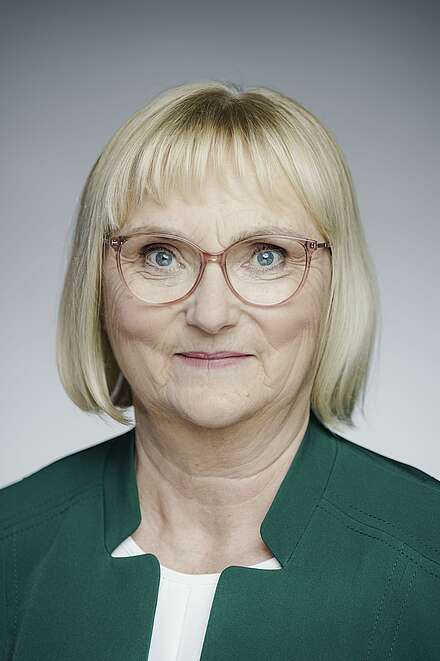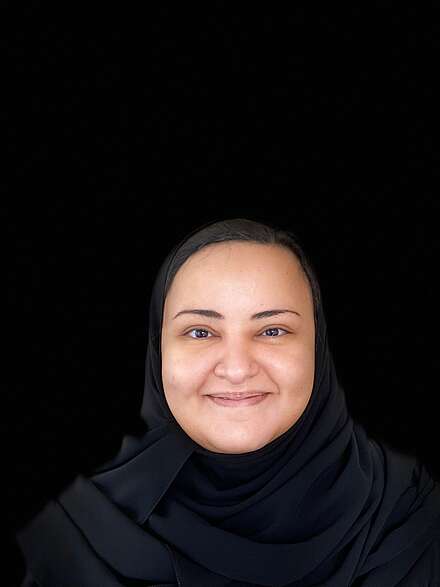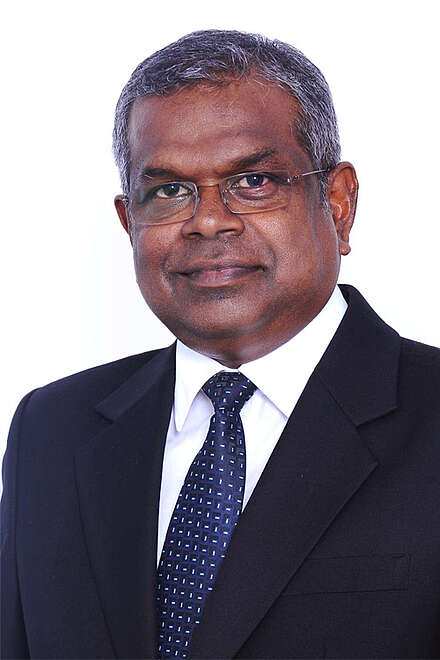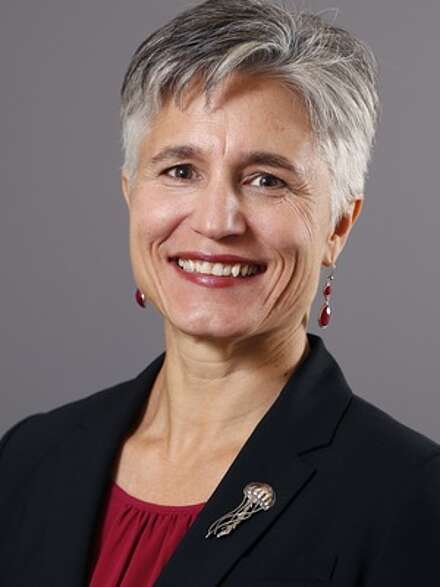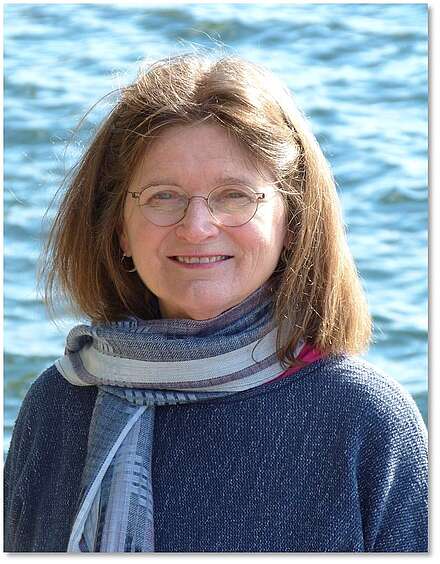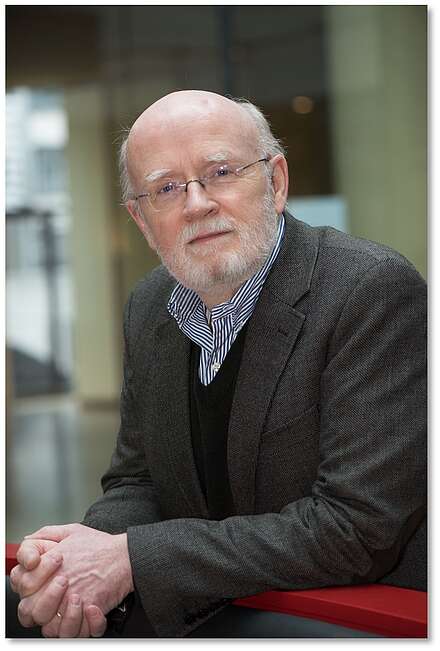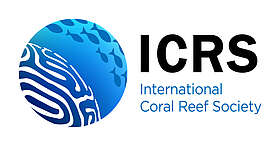15 th ICRS 2022 - Science-to-Policy Dialogue
Time to act
The global coral reef crisis is scientifically based and extensively documented. The past 14th International Coral Reef Symposium (ICRS) 2021 provided significant and groundbreaking contributions to this topic. The upcoming 15th ICRS 2022 gives a good overview of the very current situation and the opportunity to focus on solutions and interventions to address the challenging future of global coral reefs.
Since the last Symposium, the 14th ICRS 2021, a number of key negotiations, events and relevant meetings took place, including UNFCCC COP 26, UNEA 5, the World Food Summit and UN Oceans and the G7 summit, with negotiations progressing towards the long-awaited CBD COP 15 and a new Global Biodiversity Framework, as well as the 2022 G20 Summit.
A good and up-to-date overview of the global situation is the 2020 GCRMN (Global Coral Reef Monitoring Network) Coral Reef Status Report (here). It is the first report of this kind since 2008. The bottom line is that the coral crisis has worsened. The global loss of stony corals between 2009 and 2018 alone is 14%. This is “more than all the coral currently living on Australia's coral reefs”.
For Germany, the Symposium comes at a pivotal time – the country has formed a new government with a strong emphasis on climate change, biodiversity conservation and a marine strategy. As of 2019, a German national has taken up the position as President of the European Commission spearheading the EU’s plan to become climate neutral by 2050. In addition, Germany holds the Presidency of the G7 in 2022.
It is time now to take action to save coral reefs as our most important ocean ecosystems. The 15th ICRS 2022 is of particular importance in this regard. Numerous scientific contributions will explore possible solutions to provide decision-makers with profound scientific information to take action.
In July 2021, in the framework of the 14th ICRS Virtual, also organized by the University of Bremen, a well-respected High Level Science Policy Dialogue moderated by Kristian Teleki (Global Ocean Program Director, World Resource Institute) took place. The event highlighted the urgency of taking action to conserve and restore reefs through protection and management measures (Click here to see the event 2021). The basis/background for the discussion was provided by the expert paper Rebuilding Coral Reefs: A Decadal Grand Challenge (here), which has lost none of its actuality in the past year.
It outlined three Pillars of action to rebuild coral reefs (addressing climate change, improving local reef conditions, and harnessing innovation in particular for reef restoration) and called for a cross-sectional approach encompassing the three policy fields of climate change, biodiversity conservation, and sustainable development.
As we want to move forward from last years’ achievements (with the event and publication) the upcoming Science-to-Policy Dialogue aims to create an exchange focusing on solutions, interventions and the interplay between science and policy. The event will be implemented during the "Solution Day", July 5th, of the 15th ICRS, 3-8 July 2022 in Bremen, Germany. This day will address possible solutions to the coral reef crisis. The preceding four plenary speeches and the scientific program has been arranged accordingly.
The Science-to-Policy Dialogue 2022 will be an in-person plenary event to enable maximum accessibility to the global coral reef community and all ICRS 2022 participants. Moreover, the event will be live streamed to provide maximum global participation and inclusion (here). Not only will the panelists discuss, but the audience will be provided with questions prior to the event via the conference app. The answers of the audience will be brought into the discussion by the moderator and will thus well engage the audience, despite the compact 60 min event.
